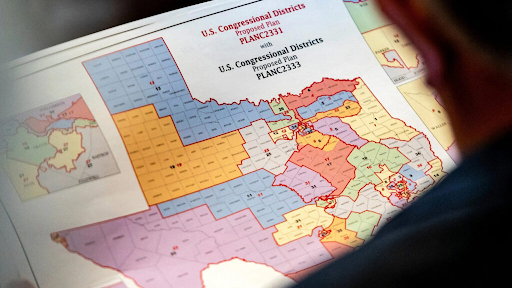EDITORS’ PICKS
NATIONAL
OPINION
LATEST
Established in 1934, the North Carolina Children of Wartime Veterans Scholarship has long helped veterans’ children afford in-state higher education. Recent funding cuts and prorated awards have created financial uncertainty for recipients, threatening their ability to stay enrolled. Through the story of UNC student William Dishmon, the article shows how these reductions undermine the program’s original mission, despite lawmakers citing fiscal mismanagement and reforms, leaving students to bear the consequences of an unstable commitment.
On November 19th, the U.S. Department of Labor announced that it would delay its usual October estimate of the national unemployment rate until December. The recent government shutdown has impeded their ability to release the figures this month. This is not the first time the Bureau of Labor Statistics (BLS) has faced issues with calculating the unemployment rate, as the Trump Administration has raised issues over the integrity of its data collection methods. Recent doubts and delays over the number of unemployed workers in the United States have the potential to prolong the current rise in unemployment for American workers in the coming months.
Texas’s blocked map is more than a state dispute; it’s a preview of a brewing national crisis. As courts reconsider long-standing Voting Rights Act protections and both parties escalate their redistricting tactics, American democracy risks slipping into an arms race where voters, not politicians, pay the price.
LOCAL
GLOBAL
FELLOWS







